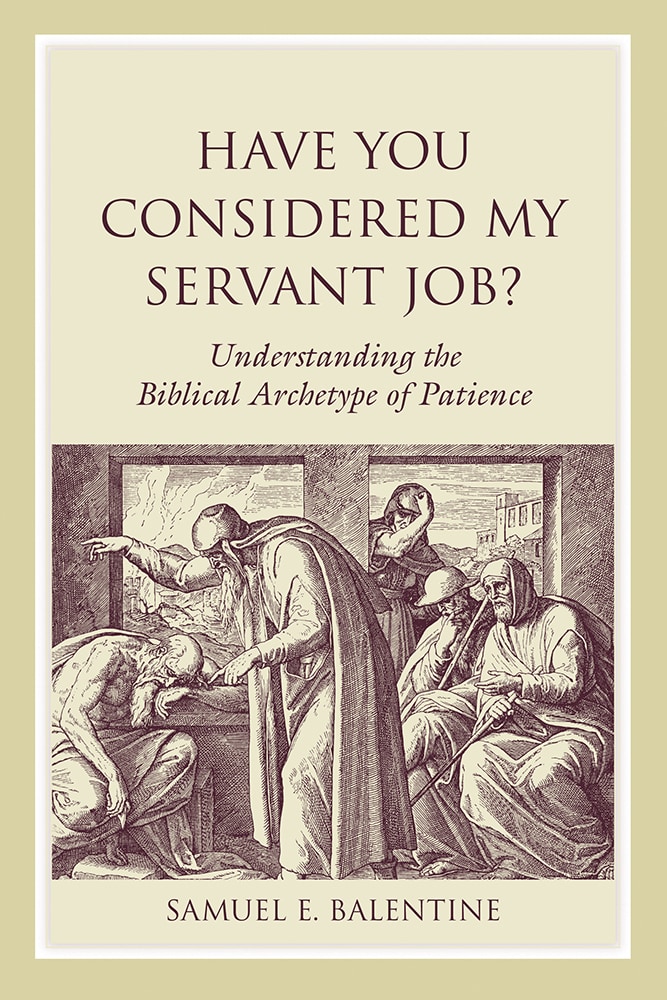
Size: 6 x 9
Pages: 312
Illustrations:
Samuel E. Balentine
The inclusion of this book in the Open Carolina collection is made possible by the generous funding of
""Refreshing and thought-provoking""—Jewish Bible Quarterly
""Samuel Balentine 'considers Job' for the countless ways this biblical book, in all its rich complexities, has inspired readers over the centuries. . . Balentine's volume sparkles with insightful theological commentary and rigorous scholarship, and any exegetical course or study on Job would benefit from it.""—Interpretation: A Journal of Bible and Theology
""Balentine takes an unexpected, though illuminating, approach.""—The Journal of Religion
""In masterly fashion Balentine provides a tour de force of cultural interaction with the book of Job. He guides today's reader along the path of Job interpretation, exegesis, adaptation and imagining revealing the sheer variety of themes, meanings, creativity and re-readings that have been inspired by this one biblical book. Balentine shows us that not only is there "always someone playing Job" (MacLeish, J.B.) but there's always someone, past or present, reading this ever-enigmatic book.""—Katharine J. Dell, University of Cambridge
""In his Job commentary of 2006 Samuel Balentine established himself as the foremost theological interpreter of the Book of Job for our generation. Now in this present volume he has advanced and refined his reading of Job by attending to "reception history," that is, the various rich and suggestive ways in which Job has been read and misread. His prodigious learning (indicated by twenty-two pages of bibliography plus copious notes) permits him to reach back all the way to Prometheus, to the litigious reading of Wiesel and Kafka, and to the modernist theodicies of Voltaire and Leibniz. After all of that Balentine attends more immediately and more poignantly to the reality of human life before the mystery of God. In this work Balentine is at his best as a provocative, generative, and discerning theologian. The book will be must reading for any who care about the human crisis we now face, a crisis of our of making to be sure, but a crisis beyond our making hidden in the depths of evil, alienation and excessive certitude.""—Walter Brueggemann, Columbia Theological Seminary
""Balentine takes the novel approach of investigating the character of Job—and the characters in Job—by exploring the ways in which the history of reception has rendered them. Insightful, provocative, and sometimes disturbing, this volume makes an invaluable companion to exegetical and hermeneutical courses on the book of Job.""—Carol Newsom, Charles Howard Candler Professor of Old Testament/Hebrew Bible, Emory University
"The book is an intellectual tour de force."—Choice
Choice 2015 Outstanding Academic Title
Copyright 2024
Website By Morweb.org